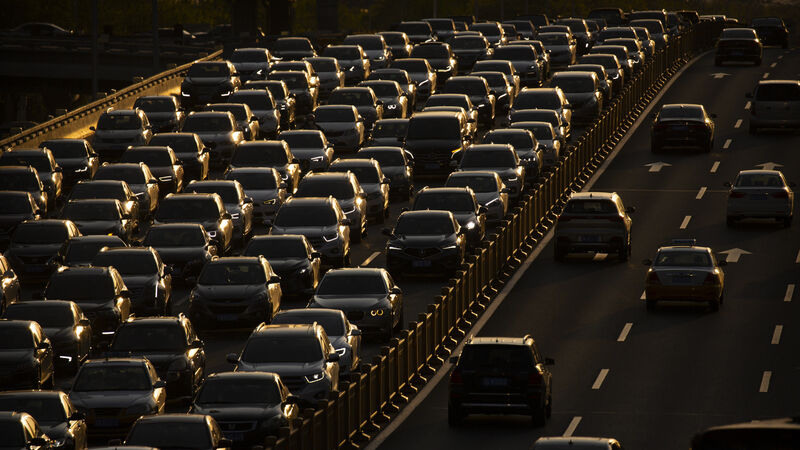World headed for 'uncharted territory of destruction', warns new climate report

Fossil fuel emission rates are now above pre-pandemic levels after a temporary Covid-19[/url] lockdown drop, according to the United in Science report. File picture: AP /Mark Schiefelbein
The world is headed into "uncharted territory of destruction" because of global warming, with greenhouse gas emissions at record highs, and one of the next five years likely to be the warmest ever.
A bleak prognosis from a new multi-agency report headed by the World Meteorological Organisation (WMO) warned of a "huge gap between aspirations and reality" when it came to climate change.
CLIMATE & SUSTAINABILITY HUB













